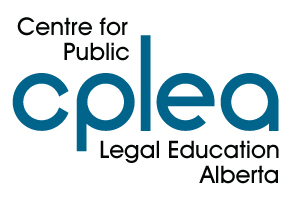If you have been charged with an offence, SLS's volunteer law student caseworkers are able to act as your agent (representative) in the Provincial Court of Alberta. SLS caseworkers act under the supervision of advising lawyers. The program can help low income Albertans SLS provides information on assault, impaired driving, driver's license suspenstion arrest warrants jaywalking tickets, traffice offences, pardons and criminal record suspension and more...
This LawNow.org article discusses how to talk to the police and includes a number of resources to dive deeper into the topic.
Alberta Resources
A publication of Student Legal Services of Edmonton. It covers: What Does It Mean To Be "Stopped" vs "Detained" vs"Arrested"?, When Can Police Stop Me?, What Are My Rights If I Am Stopped By The Police?, When Could You Be Arrested, What Are My Rights If Arrested Or Detained By Police.
This online publication is provided by the Government of Alberta and is divided into sections including: You've been charged... now what?; Duty Counsel; If you don't have a lawyer; How do you get a lawyer?; Legal Aid; Other Services; Where will the trial be?; Pleading guilty; Getting ready for trial when you have pled not guilty; What happens in court?; and Sentencing.
Canada/Federal
It’s more common than you think. Shoplifting-related charges are routinely laid against people from all walks of life. This blog post from Toronto criminal defence lawyer Tushar K. Pain outlines the steps that may follow after being arrested for shoplifting.
This booklet provides information to explain the assistance provided by the Government of Canada through the Consular Services of Foreign Affairs and International Trade Canada in Ottawa, and through Canadian diplomatic and consular offices abroad. Canadian consular officials have extensive experience, understand how difficult the situation can be and are there to provide advice and assistance. Available to read online or download as a PDF.
The Canadian Civil Liberties Association has put together this manual to help you know what you must do, what you do not have to do and what you may wish to do in situations involving the police. The final section lists sources for making a complaint about the police for each province and territory in Canada. (PDF – 12 pages)








Follow CPLEA